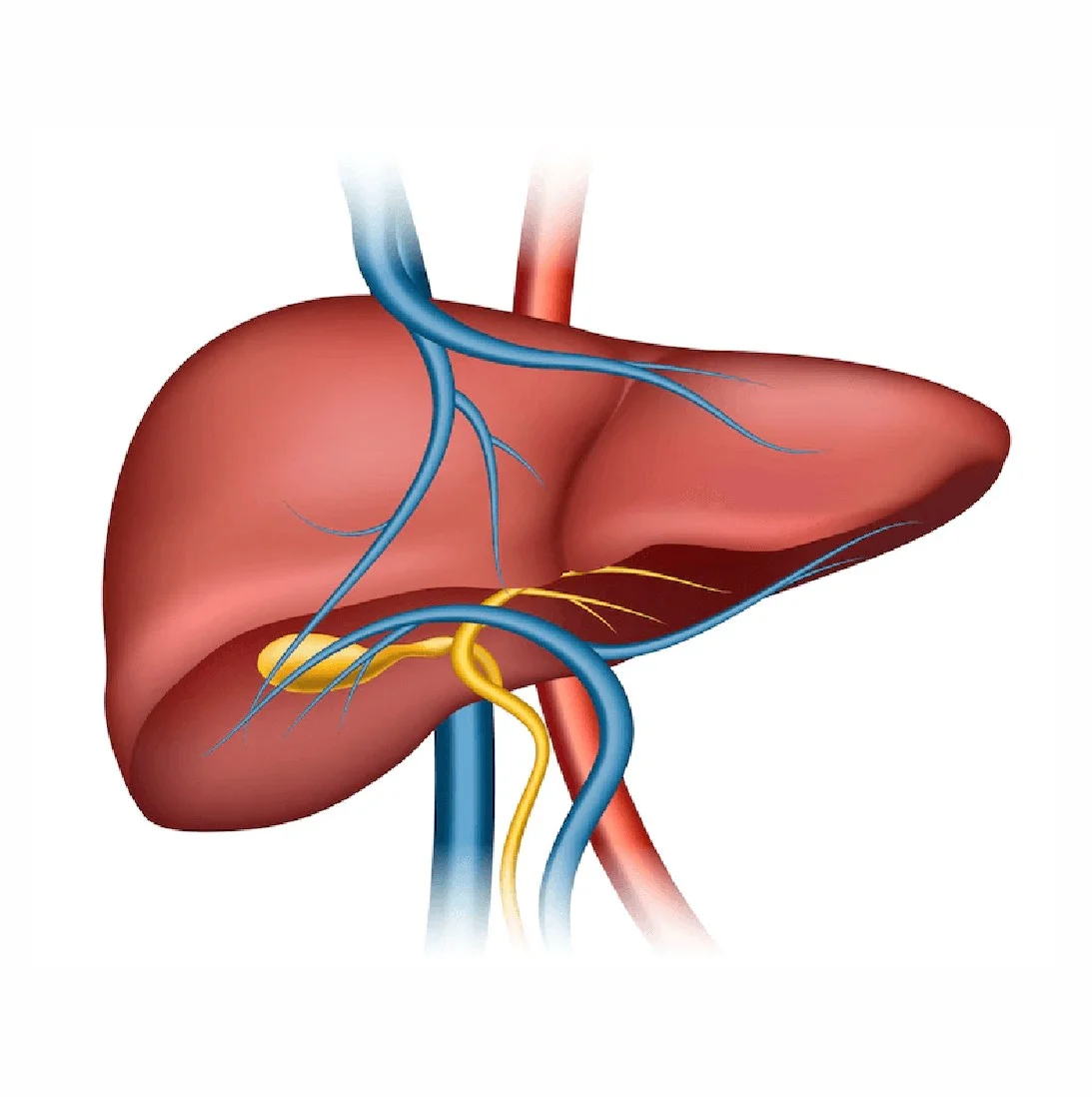
Department of General & Laparoscopic Surgery
Welcome To Gangasheel Hospital
What is Gallbladder Inflammation and Gallstones?
Gallbladder disease refers to any condition that affects the health of the gallbladder. The gallbladder is a small organ of the digestive system. Stores some of the bile produced by the liver and sends it to the small intestine to help break down food. This is done through a series of tubes called bile ducts.
Gallbladder disease can occur in the gallbladder itself or in the bile ducts that connect to it. Infection or blockage of these ducts can lead back into the gallbladder.Since the bile ducts connect the gallbladder to other organs in the digestive system, gallbladder disease can affect these other organs as well. There is a possibility.
- Biliary Colic :-
Biliary colic is a form of visceral pain associated with gallbladder disease. This is usually the first symptom that something is happening with the gallbladder. The name "biliary colic" implies that the bile ducts are involved, and is usually compensatory, if not direct. Blockage of the gallbladder or bile ducts increases pressure in both. The most common cause of blockage is gallstones. However, swelling due to infection, biliary strictures, or problems with the draining function of the gallbladder can also cause pressure build-up.Pain is proportional to pressure.
- Acute cholecystitis :-
A persistent blockage, infection, or tumor in the gallbladder can cause acute inflammation that feels like a more intense version of biliary colic.Nausea and vomiting may be accompanied by fever and chills. The pain is more constant and can be so extreme that it takes you to the emergency room.With a contraction of the gallbladder, e.g. may do so. When clogged bile builds up in the blood, it can cause visible symptoms such as jaundice, dark urine, and pale stools.
- Chronic Cholecystitis :-
Chronic symptoms are often milder than acute symptoms and may not be noticed for a while. Digestive problems such as gas and bloating, chronic gas, nausea, and diarrhea may only occur after eating.These symptoms have many causes that do not necessarily point to the gallbladder. It will be considered. Gallbladder cancer may cause chronic inflammation with mild jaundice but no pain. The alarming level of painless and vague nature of these symptoms can lead to chronic cholecystitis going undiagnosed and causing long-term damage.
Gallstones are the most common cause of gallbladder problems, but they don't always cause problems. Although uncommon, bile may flow backward because the gallbladder is not functioning properly or because the bile ducts are narrowed in another condition. Stagnant bile is the most common cause of gallbladder infection (cholecystitis), but it can also be caused by other infections. Inflammation causes the gallbladder to swell and compress. This can also result in bile reflux as a side effect.
Although not all risk factors can be controlled, maintaining a healthy diet and lifestyle can optimize gallbladder health.The modern Western diet is high in fat and cholesterol and low in fiber. Try to eat less fatty, processed foods and eat more high-fiber plants.Regular exercise helps your digestive system contract regularly. It also helps reduce risk by promoting motility, which is.
- Pain reliever :-
Acute episodes of biliary colic, or "gallbladder attack," often require prescription pain relievers for treatment. Your health care provider can help you decide which medicine is right for you based on your medical history and symptoms. - Antibiotics :-
If you have an infection, your doctor will prescribe antibiotics to treat it. This is often just a precursor to surgical treatment. - Endoscopic intervention :-
Your health care provider may be able to resolve small gallbladder problems with an endoscope before resorting to surgery. ERCP and/or EUS tests will screen for blockages, tumors and stones that may be causing the problem. can reveal. During the test, your healthcare provider may be able to use instruments at the end of the endoscope to remove gallstones, place stents to open the bile ducts, and collect tissue samples for biopsy. - Surgery :-
The only permanent and effective solution to persistent gallbladder disease is surgery to remove the gallbladder (cholecystectomy). This is a common treatment and you can live without a gallbladder without any problems. Most people can have their gallbladder removed with minimally invasive laparoscopic surgery. Laparoscopic cholecystectomy requires only a few small incisions.
Yes, Gallbladder Inflammation treatment is available in Bareilly at Gangasheel Hospital by the team of expert General Surgeon's in the city.
